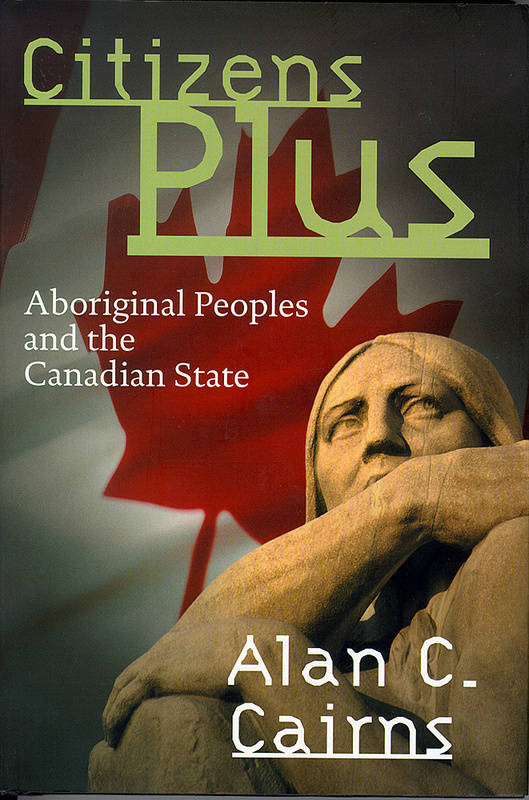50 Years, 50 Books: Citizens Plus
Posted: Thursday, April 21, 2022
As a way to celebrate our anniversary, Acquisitions Editor Randy Schmidt reached out to fifty UBC Press authors and asked them to talk about their favourite UBC Press book. This is what we heard.
Written by Cole Harris
A federal White Paper released by Pierre Trudeau’s Liberal government in 1969 sought to incorporate Indigenous people as full, equal, citizens of Canada. The Indian Act and the Indian Affairs Branch would go; Indigenous people would be treated like anyone else. Many Indigenous people, considering this yet another attempt to assimilate them, protested, and in 1971 the government withdrew the White Paper. Thereafter, the politics of assimilation faded, a continuing Indigenous presence in Canada became widely assumed, and there were claims for a clear, constitutional accommodation of Indigenous difference.
Among the latter were a vocal body of Indigenous opinion, a considerable rights-based legal scholarship, and the Report of the Royal Commission on Aboriginal Peoples (RCAP, 1996), which recommended Indigenous government based on the model of the two-row wampum belt (made of rows of shell beads) – or, put another way, two canoes paddling side-by-side in the same river but with little to do with each other. According to the RCAP, Canada should negotiate nation-to-nation with Indigenous peoples, with a view of creating some sixty to eighty self-governing, land-based, and largely autonomous Indigenous nations, each with a resident population in the range of 5,000 to 7,000 people.
In Citizens Plus, Alan Cairns questions the feasibility and desirability of such projects. Starkly put, his arguments are these: Isolated, land-based nations would ill fit the reality of Indigenous life in Canada, which now is in good part urban and is intertwined in myriad ways with the larger Canadian society. They would tend to break the hold of citizenship, the sense that, as fellow citizens, we have some responsibility for each other. And because they would be too small to perform many of the functions of modern nation-states, they would rely massively on services and financial support from the Canadian state when, as bonds of citizenship were broken, such support was less likely to be forthcoming.
Now, more than twenty years after Citizens Plus was published, such views can be seen as the rantings of an elderly white man who should get out of the way. Some would say that there never were, nor are there now, bonds of citizenship between Indigenous and non-Indigenous Canada. Yet Alan Cairns knew full well that assimilation had been bad and largely unworkable policy, that Indigenous lives have been put through horrendous wringers, and that special provisions for them have to be worked out. In such working out, he thought, is opportunity. Citizens Plus, a concept taken from the Hawthorne Report, on which Cairns, as a young man, had worked, and not unrelated to philosopher Will Kymlicka’s arguments for group-differentiated rights, is about the appropriate framework for working out the plus associated with Indigenous citizenship. That framework, Cairns thinks, lies within Canadian society, and I agree with him.
Alan Cairns was a clear, informed, and honest thinker. He was deeply committed to this country and its peoples. He was inherently kind. These are strong qualities, and they enabled him to be clear about a path he thought the country should not take, and another that he thought it should. His arguments are well put, not easily avoided, and a step in a discussion the resolution of which is crucial to the future of this country.
Long retired from UBC, Cole Harris is a historical geographer who has written extensively on land, settlers, and Indigenous peoples in early Canada, particularly in Quebec and British Columbia.

